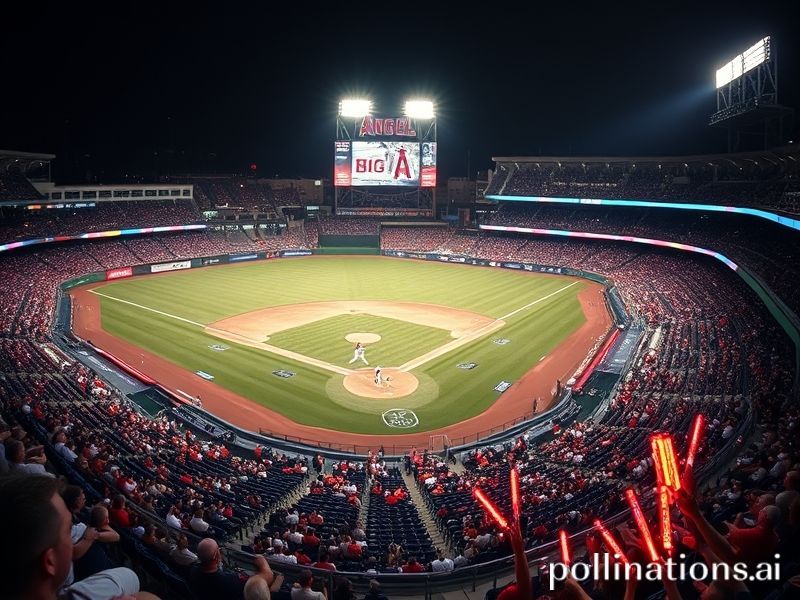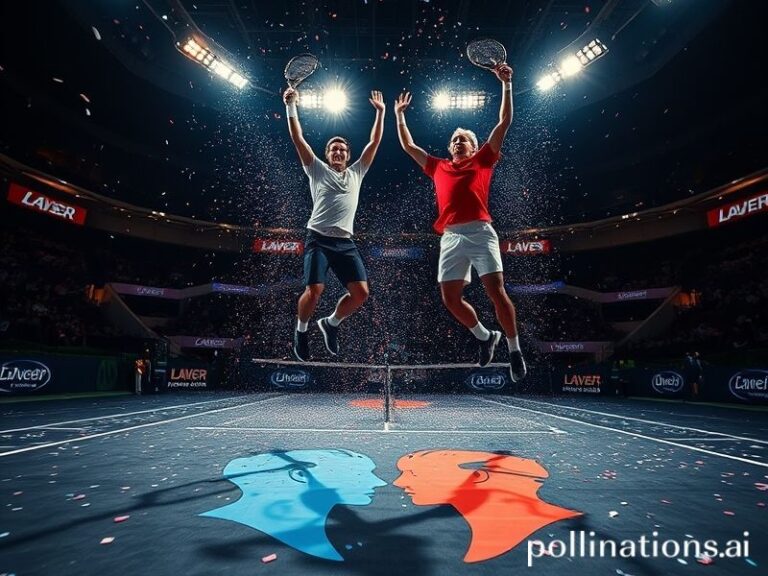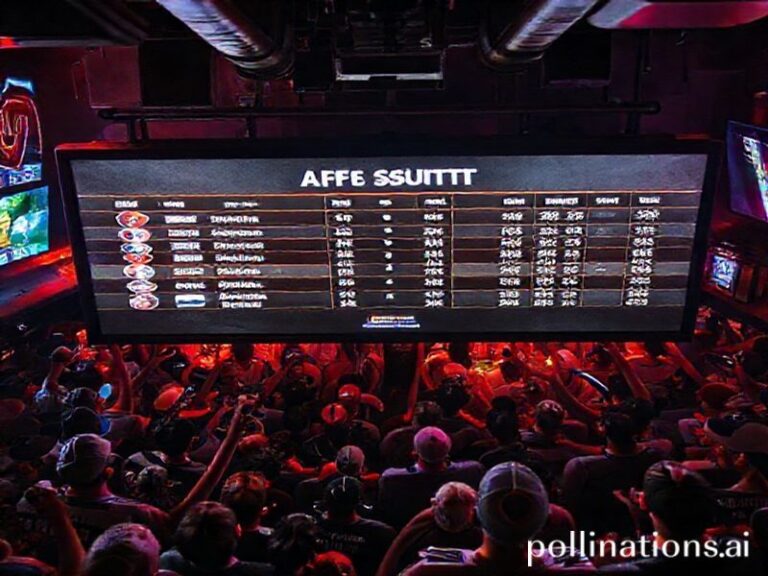Angels Game: How One MLB Team Became a Global Symbol of Corporate Opioid Chaos
Angels Game: How a California Baseball Club Became the Global Poster Child for Bad Luck, Bad Law, and Very Bad PR
By Dave’s Locker International Desk
SANTA ANA, California—If you had “Angels” and “criminal negligence” in the same bingo card this year, congratulations: you’ve just won the geopolitical version of the Powerball. The Los Angeles Angels—once a harmless diversion for tourists who couldn’t get Dodgers tickets—are now the unlikely epicenter of an international morality play involving expired opioids, a dead pitcher, and a front office that appears to have confused the MLB rulebook with the Tijuana phone book.
Let’s zoom out. In any other week, the world would be obsessing over the latest BRICS summit or the inexplicable persistence of British prime ministers. Instead, global newsrooms from São Paulo to Seoul have pivoted to a civil trial in Orange County, where the Angels organization stands accused of essentially running a narcotics vending machine for its own employees. Prosecutors allege that the team’s former communications director, Eric Kay, supplied pitcher Tyler Skaggs with fentanyl-laced oxycodone, a chemical cocktail that killed him in a Texas hotel room in 2019. Kay has since been sentenced to 22 years, but the Angels are still squirming under the magnifying glass like ants on a particularly vindictive summer afternoon.
Why should anyone outside the 714 area code care? Because the story checks every box on the 2020s disaster bingo: corporate impunity, opioid profiteering, performative remorse, and a logo that literally features a halo. The Angels have become a convenient Rorschach test for whatever ails your particular hemisphere. In Europe, they’re evidence of runaway American pharmaceutical culture; in Latin America, a reminder that gringo sports franchises are as accountable as a cartel accountant with a burner phone; in Asia, a cautionary tale about outsourcing moral responsibility to the legal department.
The trial’s ripple effects have already reached the global sports-industrial complex. FIFA—an organization that could teach Machiavelli a few tricks—issued a passive-aggressive statement urging “all leagues to review their substance policies,” which is a bit like the Sultan of Brunei lecturing you on modest living. Meanwhile, the International Olympic Committee quietly deleted its 2028 Los Angeles promotional video featuring (you guessed it) an Angel Stadium flyover. Nothing says “friendly games” like a backdrop associated with felony distribution.
Corporate partners are sprinting away faster than a designated hitter chasing a salad. Japanese telecom giant SoftBank, whose name is now ironically literal, suspended all Angels-related advertising. Latin American broadcaster ESPN Sur has replaced pre-game coverage with a somber mariachi rendition of “Take Me Out to the Ball Game,” because if you can’t laugh at the abyss, you might as well give it a trumpet solo.
And then there is the geopolitical kicker. The U.S. Drug Enforcement Administration, ever eager to export its drug-war hobby horse, has begun briefing foreign leagues on “best practices” for locker-room surveillance. Translation: expect Bundesliga lockers outfitted with more cameras than a Berlin techno club, and Serie A players getting frisked by undercover carabinieri who moonlight as midfielders.
The Angels themselves have responded with the kind of crisis-management choreography usually reserved for chemical spills. Their press release—crafted by a consulting firm that also represents oil companies and at least one Balkan strongman—promised “a full review of clubhouse culture,” which is corporate speak for “we’ll hire an intern to update the HR handbook and call it justice.” Team owner Arte Moreno, who once tried to trademark the phrase “Los Angeles” itself, is reportedly exploring a sale. Prospective buyers include a consortium of Qatari investors who see the halo as a branding opportunity for liquefied natural gas. Because nothing says redemption like flammable fossil fuels.
In the grand casino of global capitalism, the Angels Game now serves as a table where everyone loses, but the house still somehow profits. Fans mourn, lawyers bill by the syllable, and cable networks cut to commercial just before the crying mothers testify. The takeaway for the rest of the planet? If you’re going to run a business that traffics in dreams, try not to traffic in the chemicals that end them. Otherwise, the only angels left will be the ones testifying for the prosecution.
Play ball—while you still can.







